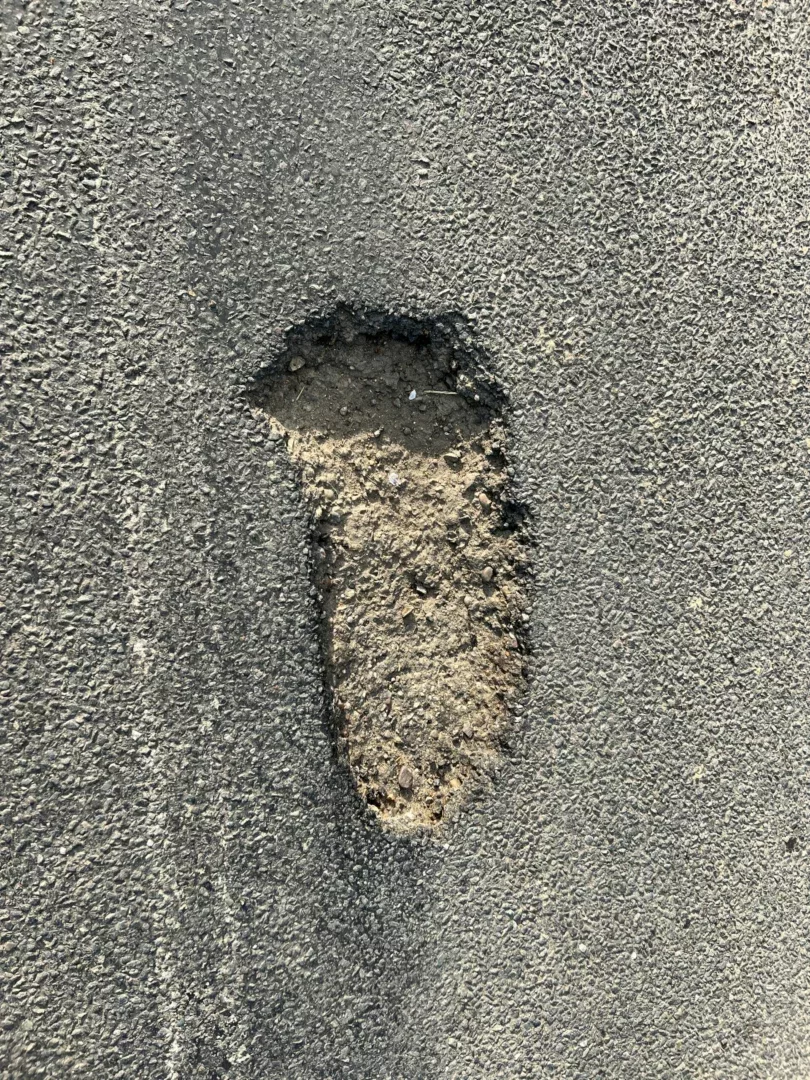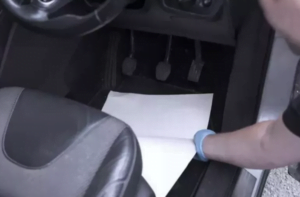Motoring organisations The AA, RAC and FairCharge have hit back at claims that the weight of electric vehicles is responsible for a decline in the quality of roads.
According to the latest Annual Local Authority Road Maintenance (ALARM) survey report by the Asphalt Industry Alliance more than half of the local road network in England and Wales is reported to have less than 15 years’ structural life left with the amount needed to fix the backlog of carriageway repairs increasing to a record high of £16.3 billion, says Transport & Energy.
Following the publication of the report some national media outlets have put the blame for the deteriorating road network on heavier electric vehicles and larger cars which they say are helping push Britain’s crumbling roads to ‘breaking point’. This is despite the ALARM survey not even mentioning electric vehicles at all.
According to one report “EVs cause twice as much stress on tarmac because they greatly outweigh their petrol or diesel equivalents”.
Edmund King, AA President, said: “The current state of the roads is due to years of underspending, sub-standard repairs, roads only being resurfaced every 80 years, and all of this exacerbated by record rainfall over the last nine months. To suggest that the one million EVs on the roads, out of 41.3 million licensed vehicles, are to blame for the potholes is barking. Obviously 44 tonne trucks can add to wear and tear, but it is estimated that on average an EV is about 300lbs heavier than a comparable petrol car, that is the weight of one heavy passenger. Perhaps the next headline should be ‘heavy passengers cause potholes’. It beggars belief.”





















